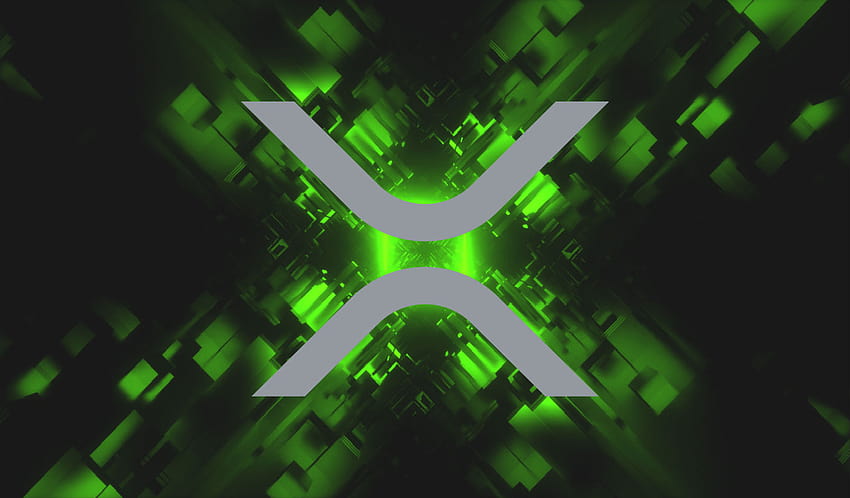Bubblemaps Detects Sybil Activity in MEGA Pre-Orders
- Detected Sybil activity in MEGA transactions by Bubblemaps.
- Concerns over market trust.
- Impacts secondary Ethereum-based assets, breaches KYC processes.
Bubblemaps identified Sybil activity during MEGA orders, involving 20 entities exceeding the $186,000 limit using interconnected wallets. The blockchain analytics platform utilized its visual tools to detect these activities and highlighted the need for tighter KYC protocols.
The Bubblemaps team reported Sybil activity in MegaETH’s (MEGA) orders, with serious implications for wallet clustering on Ethereum. Approximately 20 entities reportedly used interconnected wallets to bypass $186,000 staking caps.
Bubblemaps’ investigation revealed these entities circumventing measures, exploiting existing KYC processes . Despite strict implementation, users allegedly staked multiple times using varied IDs, undermining order integrity.
Sybil activity was detected in the MegaETH (MEGA) transactions, with approximately 20 entities using multiple, interconnected wallets to stake, exceeding the $186,000 limit. Echo implements a strict Know Your Customer (KYC) process for all users. However, users may still be able to stake multiple times using different IDs (e.g., IDs from friends or family). — Bubblemaps Team, On-chain Analytics Platform
The discovery of Sybil activity harms trust in MegaETH, affecting Ethereum’s market perception. The continued use of Bubblemaps’ analytics tools is recommended to counter these issues, encouraging transparency.
Financial concerns arise, with the MEGA sale potentially compromised . History shows Sybil attacks can lead to market confusion and possible refund enforcement, echoing past crypto launch issues.
Reported activities highlight the vulnerability of sale mechanisms. Enhanced KYC protocols and strengthened regulations could deter Sybil attempts, according to Bubblemaps’ findings, suggesting more robust analysis tools as a preventive measure.
Disclaimer: The content of this article solely reflects the author's opinion and does not represent the platform in any capacity. This article is not intended to serve as a reference for making investment decisions.
You may also like
Why 2025 Became the Year Crypto Stopped Chasing Hype
Bloomberg Analyst McGlone Issues “Great Depression” Warning for Bitcoin
Analyst Says This XRP Level Is Keeping Downside Pressure In Check

daGama Collaborates With WORLD3 to Enhance AI-Powered Digital Ecosystems